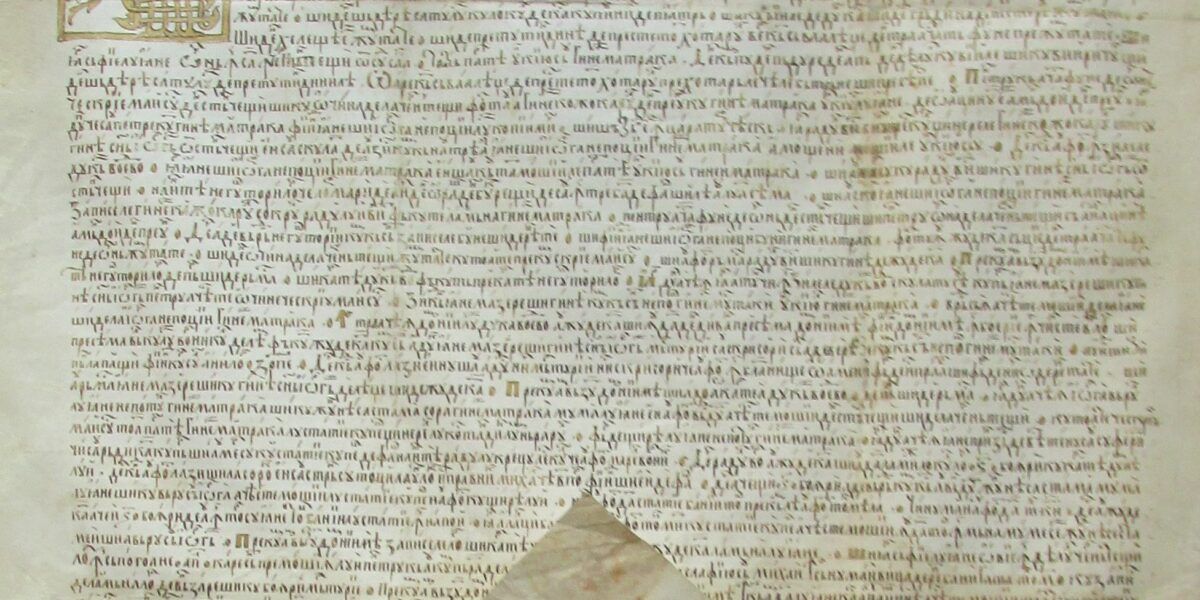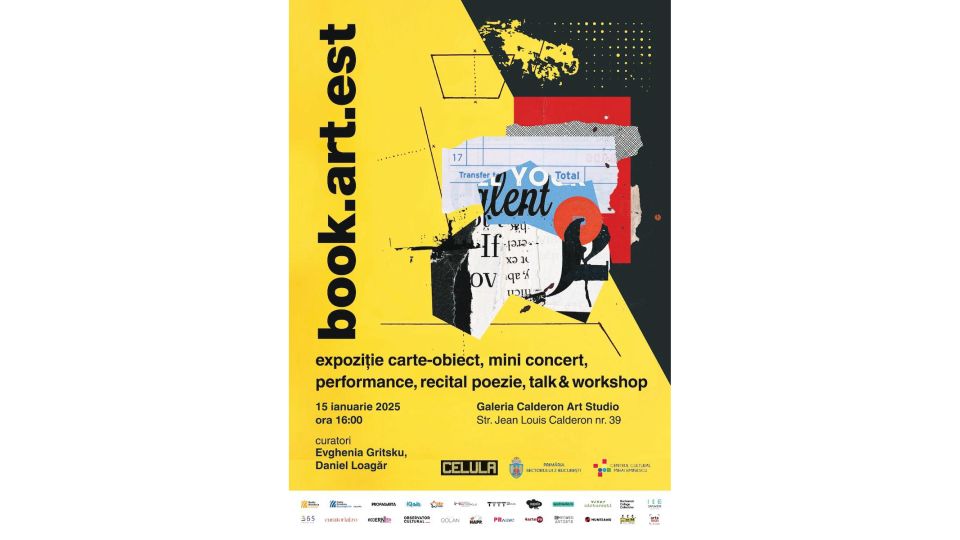Romanian-born Netherlander writer Nausicaa Marbe
Nausicaa Marbe, guest writer at the Sofia Nadejde literary awards Gala

Corina Sabău, 04.01.2020, 23:00
Romanian-born
Netherlander writer Nausicaa Marbe participated in several reading and discussion
sessions in Bucharest and Brasov, as part of the Sofia Nadeje Days, a project carried in Romania in November 2019. Nausicaa Marbe was born in Bucharest. She is
the daughter of the famous composer Myriam Marbe. Nausicaa graduated from the
German High-school in Bucharest . She has been living in the Netherlands since
1982, where she read Politology and Philosophy. Nausicaa Marbe’s debut novel, Mandraga,
was published in 1999. It is a story about migration, with lots of
autobiographical hints. Mandraga scooped the Charlotte Kohler prizes for debut
and was also translated into German. Nausicaa Marbe’s novel Smeergeld, Bribe,
was published in 2014. It was critically acclaimed and sold to a German
publisher. In 2016 Smeergeld, Bribe was awarded the Belgian prize De Diamanten
Kogel. Critics praised the talented writer for her ability to build a complex morality
novel focusing on today’s Netherlands. In a style peppered with sarcasm,
Nausica Marbe wrote a novel where personal dilemmas blend into the political
conundrum of an entire generation in Western Europe. It is a heart-throbbing
story, a story of love and corruption in the elite circles of Haarlem, the city
the author has been living in, with her family.
In Bucharest and
Brasov, Nausicaa Marbe interacted with members of the audience, also reading
fragments from the novel Smeergeld, Bribe.
Nausicaa Marbe:
As
you can see, there is a mushroom on the cover and I very much liked the mushroom
to be printed on the front cover, since my novel is a book about moldy relationships,
about problems in society, about things we usually cannot see, about places
where it is dark and ugly, and about the fact that we avoid taking a look in
that direction. I may also speak about the novel as about a sad morality
comedy. The main character is a man. He is an architect of the city of Haarlem,
who lost his job during the financial crisis. The man is also involved in local
politics so in that capacity he discovered some acts of corruption. A
corruption that exists even in the Netherlands. Having written a great part of
the book I had a talk with the architect of the city of Haarlem. I was in his
office because I wanted to see him at work, I wanted to enter the atmosphere as
I didn’t know very much about the topic. I spoke to the architect about my
novel, but two or three months later, when the novel had already been
published, we met again and he told me he got scared. And the reason why he got
scared was my novel, the story I had invented, a story about fraud, bribery and
a conflict of interests which did exist in the city’s local politics at that
time and which had not as yet been discovered. And my architect tried to
contact the press and expose all the underhand implications of the story. The
impression he had after out conversation was that I was a spy, purposefully
sent by the politicians who committed part of the blatant wrongdoings. To cut a
long story short, I was very interested in developing that topic, corruption in
the Netherlands, that is.
It is not very
often that a Netherlander writer offers such an interesting and carefully
multi-layered book, a book that does have something to say about our society.
And the writer does that in a lavish, delicious and subtly malicious style.
This is what the Trouw publication wrote in 2014, when Nausicaa Marbe’s novel,
Smeergeld, Bribe, was brought out.
Nausicaa Marbe:
What
I was mainly interested in was how to write about people who experience that
moment when they suffer many losses. And when, being tempted by all things
material, they cannot stick to their landmarks any longer. As I was saying,
when I wrote the book, Holland was hit by the crisis, very many people lost
their jobs, their homes, their safety. And the newspapers I was reading back
then published accusations of corruption on a daily basis. And there were
conflicts of interest, there was nepotism, there was so much injustice. And all
that hurt, since I realized that if we closed our eyes and refrained from doing
anything at all about that, democracy itself was eroded away. It is from the
apparently trifling matters that everything can be ruined; we do not care about
this or that act of bribe-giving, we do not care if a mayor illegally bought
himself many plots of land, and one day we won’t even care about the much more
serious things, to that end.
Nausicaa Marbe worked
as a journalist for various TV stations. She was also a columnist for the most
highly appreciated and most widely-read newspapers in the Netherlands. With
Volkskrant she signed the leading article until the summer of 2013, when she began
her collaboration with De Telegraaf. Nausicaa Marbe is one of the most highly
appreciated columnists in the Netherlands.






























